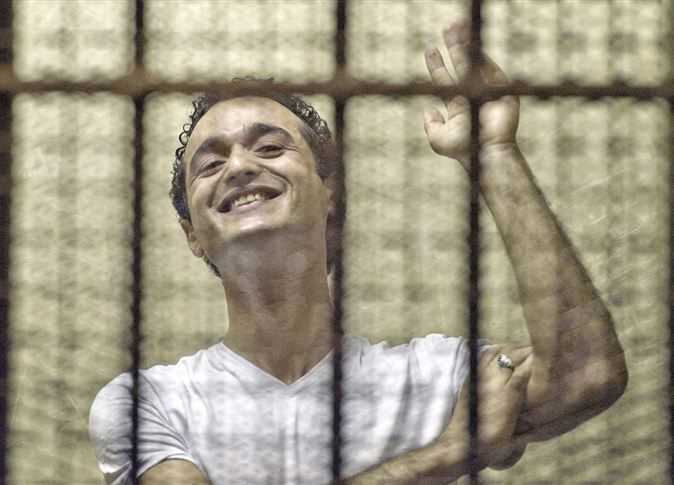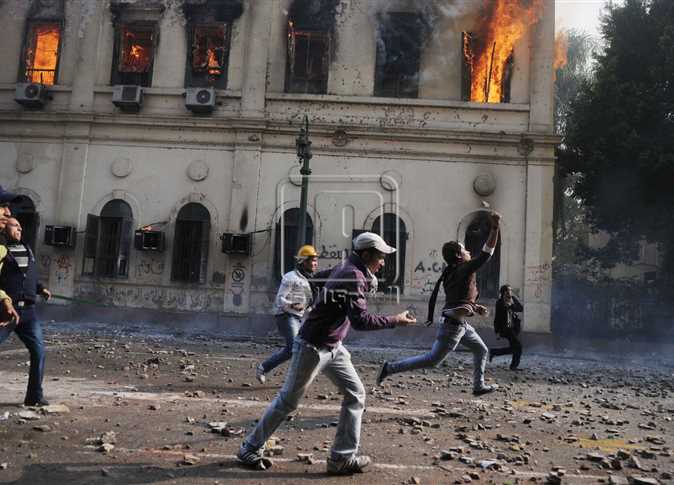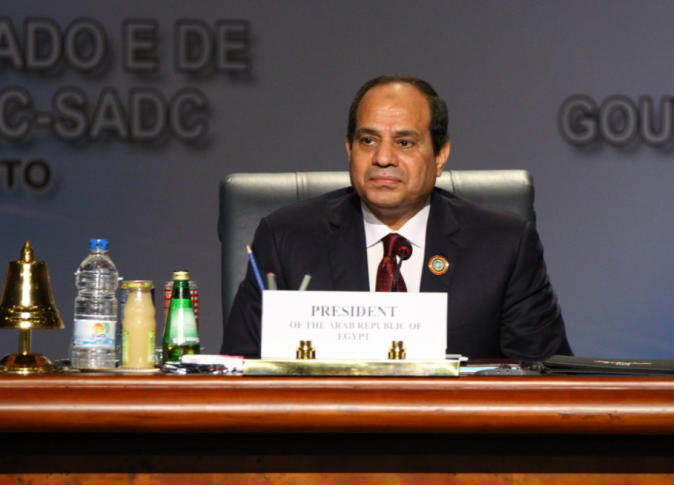In his first public appearance after being pardoned from his two-year prison sentence, blogger Maikel Nabil said he was drugged before his interrogation and forced to watch other prisoners being tortured during his 302 days in jail.
Nabil, the first prisoner to be incarcerated for his opinions since the 25 January revolution, was sentenced to two years in prison by a military court on 14 December on charges of propagating false information and insulting the military institution on his blog.
Nabil's charges were based mainly on a blog post that he wrote on 7 March titled “The army and the people were never one hand,” in which he accused military forces of being implicated in killing protesters during the 18-day uprising that toppled Hosni Mubarak.
On 22 January, only three days ahead of the anniversary of the 25 January revolution, Field Marshal Hussein Tantawi, head of the ruling Supreme Council of the Armed Forces, pardoned 1959 prisoners who had been sentenced by military courts.
At a press conference on Saturday, Nabil talked about his experiences since being arrested at home on 28 March 2011 until he was freed on the eve of 25 January 2012.
“I was locked up in a dark one-and-a-half-meter prison cell with soundproof walls and a light bulb that kept switching on and off every minute. That lamp was meant to affect my psychological state,” Nabil told journalists. That was when he was locked up in the military intelligence headquarters prior to his interrogation.
Before his questioning, the 27-year-old blogger was allegedly drugged.
“A day before interrogation, I refused to eat the food they brought me when I felt a strange taste in it. Then they sprayed something in my face while I was blindfolded before they took me for questioning the following day. During the interrogation, I felt dizzy and unable to concentrate,” said Nabil.
During his interrogation, Nabil was asked about opinions he wrote on his blog, including whether he wrote “down with military rule,” and if he voted "no" in the constitutional referendum held last March.
The referendum was over a series of constitutional amendments prepared by a committee commissioned by the SCAF. It has been widely perceived that a "yes" vote meant accepting SCAF's take on the transition.
“I found myself tried for my opinions,” said Nabil.
Nabil denied accusations spread in the media that he was charged with defamation of religion, slander of Tantawi and espionage.
The military court announced its first verdict on 10 April secretly, after Nabil and his lawyers were informed that the decision would be announced on 12 April.
Nabil spent four months on a hunger strike to protest his unfair trial and prison sentence.
Nabil said that during his jail time in Marg Prison, prison guards made him watch other prisoners being tortured as a way to scare him.
“I suddenly heard a very loud sound of banging on cell gates and then prisoners screaming. Prison officers stormed my cell, smashed my things and made me sit in the corridor while they stripped some prisoners of their clothes and beat them up violently,” recounted Nabil ,adding that he later filed a complaint with the public prosecutor about the incident but was ignored.
Nabil decided to boycott the military prosecution after his appeal was approved and charges were dropped on 11 October, to protest the trying civilians before unfair military tribunals. He refused to show up to his retrial in November and asked his lawyers not to attend the court session. Thus, the court appointed him a lawyer who requested that Nabil be examined for his psychological state in the Abbasseya Mental Hospital.
The move was condemned by activists and doctors at the hospital, who released a statement accusing the military of using old-regime tactics to crackdown on dissidents.
Maikel’s father Nabil Sanad, who was present at the conference, said “I am not happy that my son was pardoned. They must drop his charges completely. He didn’t do anything wrong and he was discriminated against.”
Nabil warned revolutionaries about the military forces’ attempts to divide them.
“Our enemy wants to divide us and we, the revolutionaries, have to remain one hand in order to bring down the dictatorship and the military regime,” said Nabil. “They want to break our unity in order to make the revolution fail. I am here to expose what they try to hide from people.”
Nabil vowed to complete his struggle against military rule and the crackdown on free speech.




